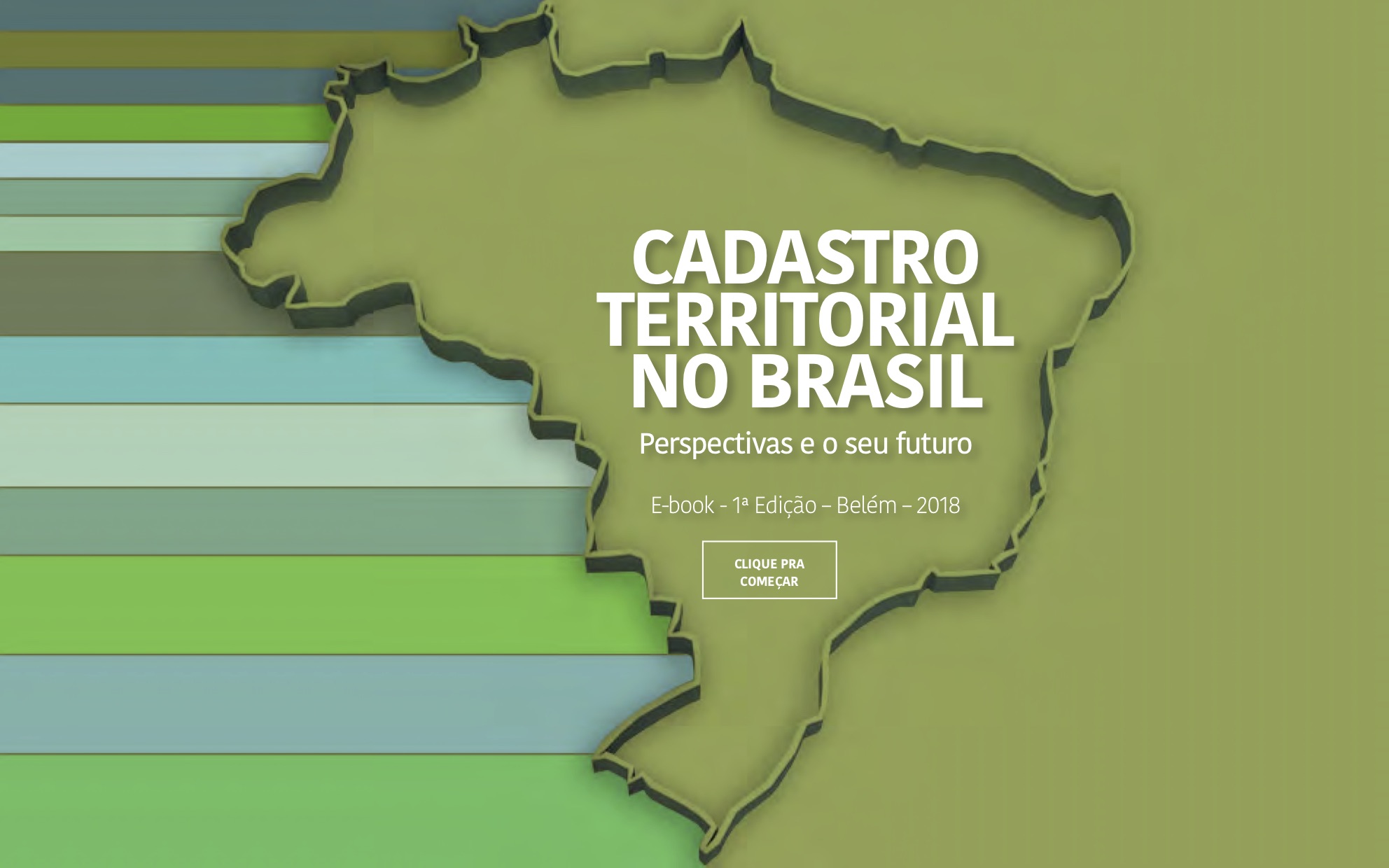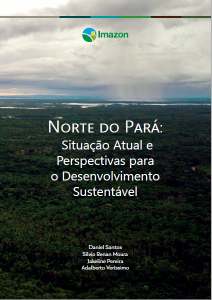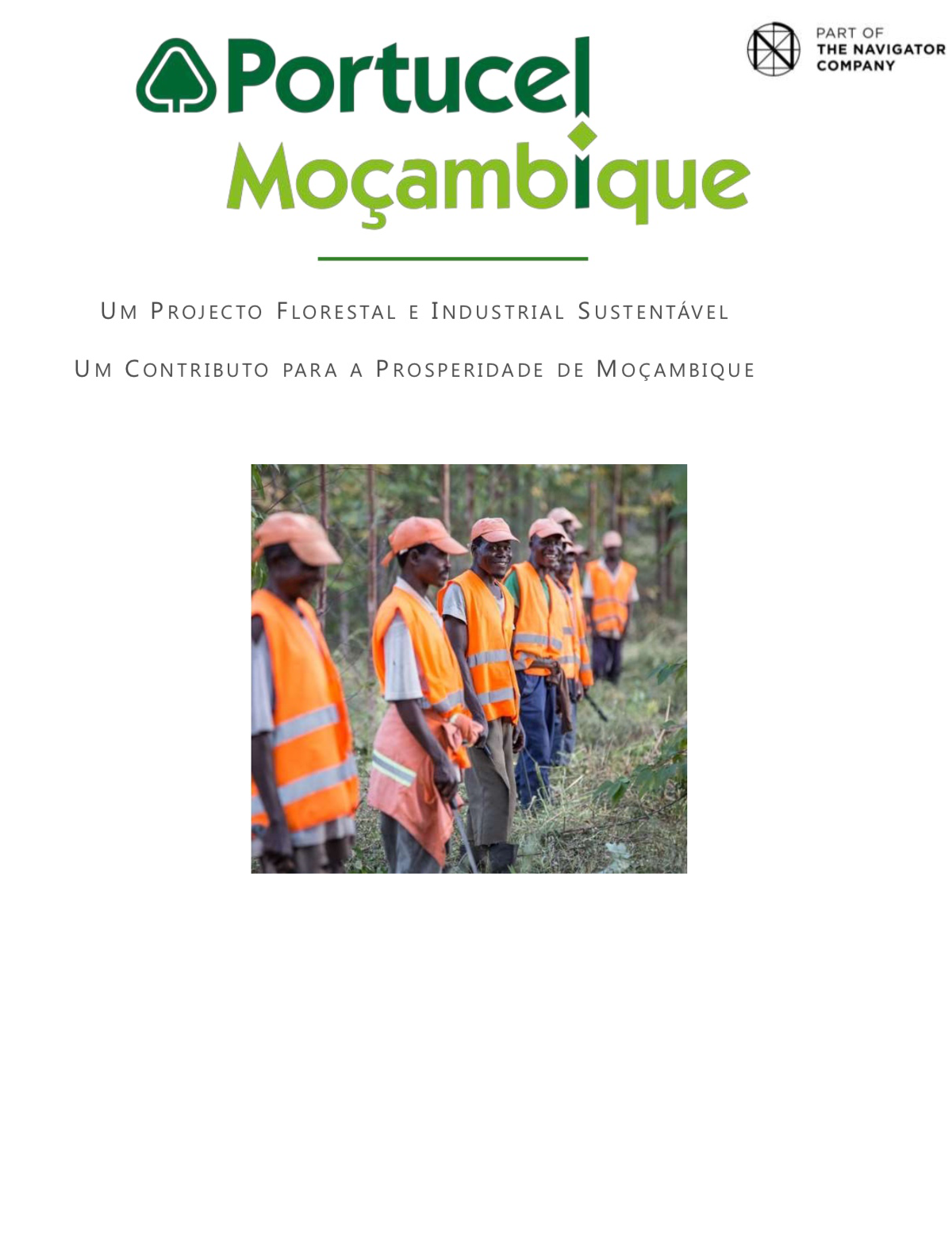desenvolvimento sustentável
AGROVOC URI:
Norte do Pará: Situação Atual e Perspectivas para o Desenvolvimento Sustentável
O território do norte paraense possui 270.040,7 km², distribuídos em nove municípios: Alenquer, Almeirim, Curuá, Faro, Monte Alegre, Óbidos, Oriximiná, Prainha e Terra Santa. Tal área ocupa 22% do estado do Pará, o equivalente à soma dos estados de São Paulo e Sergipe (IBGE, 2019). Em 2019, esse território abrigava uma população estimada em apenas 344.385 habitantes (4% da população total do Pará). Além disso, seu incremento populacional tem ficado abaixo da média do restante do estado. De fato, a população do Norte do Pará aumentou somente 51.480 habitantes entre os anos 2000 e 2019.
Apresentação de slides da Portucel Moçambique
A Portucel Moçambique está a desenvolver um projecto florestal integrado com uma indústria de produção de pasta para papel em Moçambique, assegurando a partilha de valor para promover o desenvolvimento socioeconómico sustentável das comunidades e melhorar o conhecimento e o respeito pelo ambiente.
NO FIM NÃO VAI FICAR NADA
First Continental Report on the Implementation of Agenda 2063
The implementation of Agenda 2063 has gathered momentum at all levels. The continent has made some remarkable
progress towards attaining the goals defined in Agenda 2063’s First Ten-Year Implementation Plan as outlined in this
report.
Environmental sustainability for human well-being in the Post-2015 development agenda
A new post-2015 development agenda demands a new vision and a responsive framework with
Protecting our planet, securing our future: Linkages among global environmental issues and human needs
Drawing on a wide variety of international scientific and technical assessments and policy reports, this comprehensive study depicts the linkages - both physical and biochemical - between important environmental issues.
It also discusses how interlinked, global environmental issues can be confronted in an integrated manner and how such issues influence our ability to meet basic human needs. See also trends, causes, social and economic consequences, technologies, policies and measures to mitigate desertification and land degradation.
Innovative Customary Land Governance in Zambia: Experiences, Lessons Learned and Emerging Impacts
In Zambia, security of tenure for communities residing under customary land tenure settings has in recent years increasingly come under threat owing to the pressures of high rate of urbanization, speculation, subdivision and conversion to state land, which effectively excludes marginal populations from accessing resources for their land. While customary land is a major resource for most Zambians, the inadequacy or total lack of documentation leads to tenure insecurity, making people susceptible to forced displacements, and frequent land disputes.
Petit périmètre irrigué villageois : Un atout de gestion intégrée des ressources en eau dans le bassin Chari-Logone au Tchad
The irrigation process is old and its dynamic has moved towards the promotion of small village irrigated areas where the involvement of producer’s production is more important. The establishment of business management and supervision entities has been a success. But their sustainable operation has not lived up to expectations by the low capitalization of local competence. The study addresses the question of sustainability of agricultural development in the Sahel.
Strengthening Land Tenure in Informal Settings: A Fit-For-Purpose Approach
A functioning land administration sector is the foundation for economic growth. Unfortunately, effective land registry and cadastral systems with national coverage exist in only a fraction of the world’s countries. Cadasta Foundation is working to overcome this challenge by developing simple digital tools and technology to help partners efficiently document, analyze, store, and share critical land and resource rights information.
The Land tenure in Northern Africa Challenges and opportunities
In Northern Africa region, land administration and land management systems are characterized by the existence of various institutions and a diversity of land tenures. In order to meet the requirements of the new era, a series of emerging policies has been developed and implemented according to the national needs and to the international regulations. In terms of historical events, we distinguish in the Northern Africa three different groups’ state members: (1) Sudan and Egypt, and (2) Tunisia and Morocco, (3) Algeria and Mauritania.
Institutional factors affecting wild edible plant (WEP) harvest and consumption in semi-arid Kenya
Pervasive food insecurity and poverty in much of the world drives vulnerable populations to harvest natural resources as a means of generating income and meeting other household needs. Wild edible plants (WEPs) are a particularly common and effective coping strategy used to increase socio-ecological resilience in Sub-Saharan Africa where agricultural systems are often sensitive to environmental perturbations and instability. WEPs are collected across the landscape, from agricultural areas to government-managed hilltops with varying degrees of success and legality.






